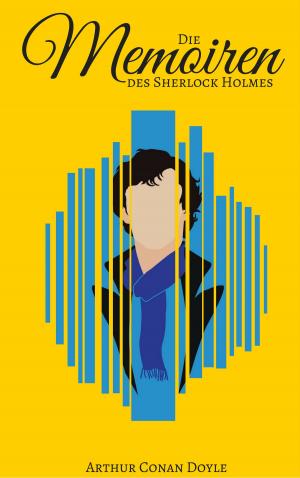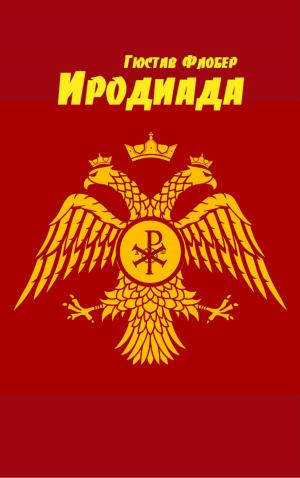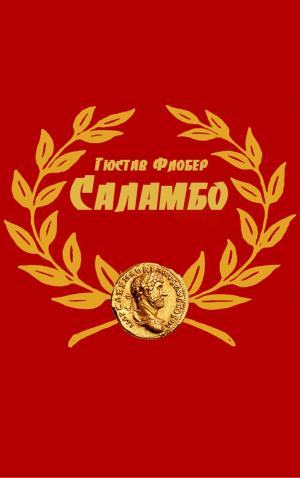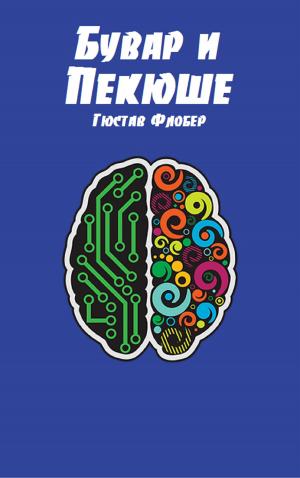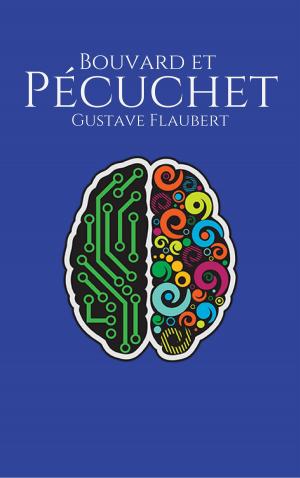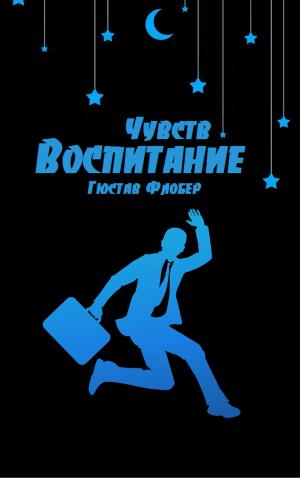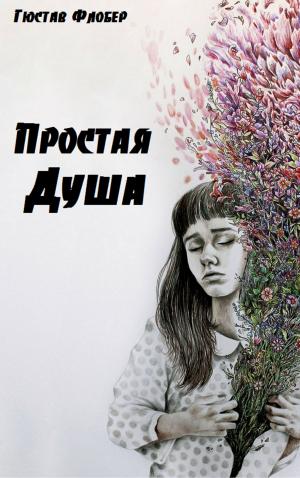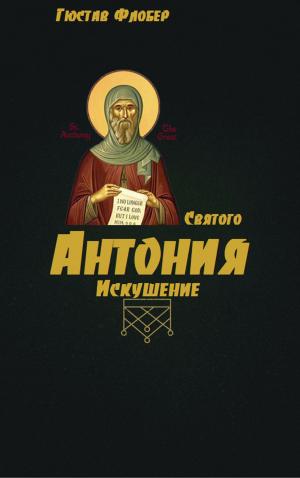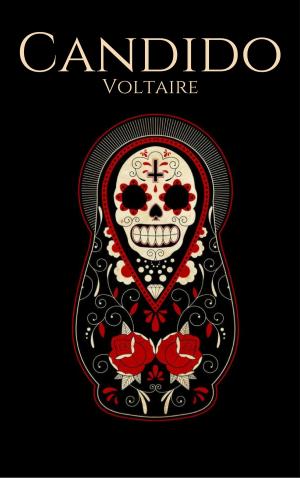| Author: | Anton Makarenko | ISBN: | 1230001721133 |
| Publisher: | EnwikaBooks | Publication: | June 16, 2017 |
| Imprint: | Language: | English |
| Author: | Anton Makarenko |
| ISBN: | 1230001721133 |
| Publisher: | EnwikaBooks |
| Publication: | June 16, 2017 |
| Imprint: | |
| Language: | English |
The Pedagogical Poem (Педагогическая поэма, Pedagogicheskaya poema), translated into English as Road to Life, is a novel by Anton Makarenko, written in 1925-1935 and published in three parts in 1933-1935. Part 1 of the novel came out in 1933 (in the Year XVII Almanac, part 3), Part 2 in 1935 (Year XVIII Almanac, book 5) and part 3 later the same year (Year XVIII Almanac, book 8). As a separate edition, all three parts appeared in 1937, via Khudozhestvennaya Literatura.
The fictionalized account of Makarenko's work at the two rehabilitations centers for juvenile offenders (the Gorky Colony and Dzerzhinsky labour commune) came out with a dedictation to "our chief, friend and teacher Maxim Gorky". The latter was instrumental in the novel's creation, development and publication. He visited both colonies and corresponded with Makarenko. "[Your] enormously important and amazingly successful educational experiment is of world-wide significance," he wrote in one of the letters.[1]
Despite the success of Makarenko's educational experiments, they caused controversy and much debate among his Soviet colleagues. In 1938 he was awarded the Order of the Red Banner of Labour, but only for this highly successful novel hailed as a Soviet classic,[2] not for his work as an innovative educator and social worker.
The Pedagogical Poem (Педагогическая поэма, Pedagogicheskaya poema), translated into English as Road to Life, is a novel by Anton Makarenko, written in 1925-1935 and published in three parts in 1933-1935. Part 1 of the novel came out in 1933 (in the Year XVII Almanac, part 3), Part 2 in 1935 (Year XVIII Almanac, book 5) and part 3 later the same year (Year XVIII Almanac, book 8). As a separate edition, all three parts appeared in 1937, via Khudozhestvennaya Literatura.
The fictionalized account of Makarenko's work at the two rehabilitations centers for juvenile offenders (the Gorky Colony and Dzerzhinsky labour commune) came out with a dedictation to "our chief, friend and teacher Maxim Gorky". The latter was instrumental in the novel's creation, development and publication. He visited both colonies and corresponded with Makarenko. "[Your] enormously important and amazingly successful educational experiment is of world-wide significance," he wrote in one of the letters.[1]
Despite the success of Makarenko's educational experiments, they caused controversy and much debate among his Soviet colleagues. In 1938 he was awarded the Order of the Red Banner of Labour, but only for this highly successful novel hailed as a Soviet classic,[2] not for his work as an innovative educator and social worker.

